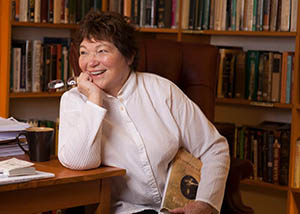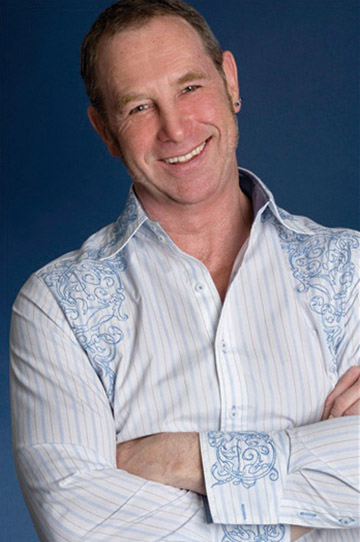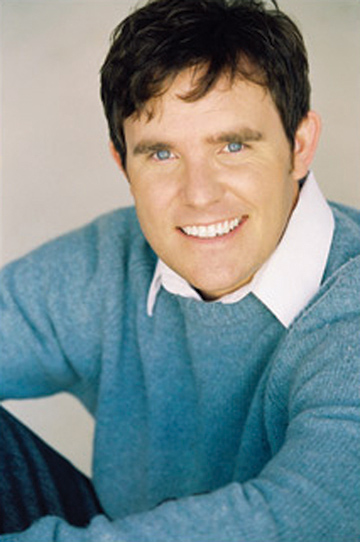Women of Will, the Complete Journey , by Tina Packer – Berkshire Review – June 12, 2011
Women of Will, The Complete Journey
, by Tina Packer
, with Tina Packer and Nigel Gore
Shakespeare & Company, Bernstein Theater, Lenox, Massachusetts
Through July 10, 2011
For lovers of Shakespeare and those new to or fearful of the bard, Tina Packer’s “Women of Will, The Complete Journey,” aka “WOW,” playing in Parts I-V on five evenings and matinees through July 10 at Shakespeare & Co’s Bernstein theater, is more than a wow—it is a tour de force for acting, conception, and for what theater was for the Elizabethans and what it can be now, but often is self-consciously not. These performances hold to the Elizabethan venue with imagination leading the way. The five parts illustrate a different theme, repeating in a sense the five-act dramatic structure of Shakespeare’s plays.
For theater: this is a once in a lifetime opportunity. I can’t stop thinking about what I saw, what I heard, what I learned. The cumulative experience, by the end, felt as if we all made appearance on the stage, and that the characters had been set spinning, not tightly wrapped, ready to be wholly identified and embraced again.

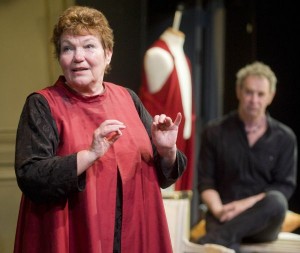
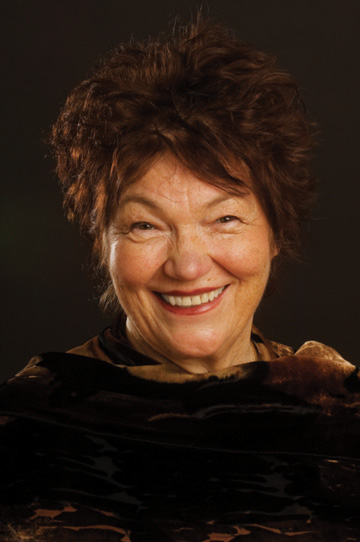 I have written the narrative of the women of Shakespeare’s plays. It is a fairly straight forward account which allows us to see how Shakespeare thought about women over a 25 year period – how they change, deepen, grow, become more and more powerful in the imagination of the playwright and in the action of his plays.
I have written the narrative of the women of Shakespeare’s plays. It is a fairly straight forward account which allows us to see how Shakespeare thought about women over a 25 year period – how they change, deepen, grow, become more and more powerful in the imagination of the playwright and in the action of his plays.